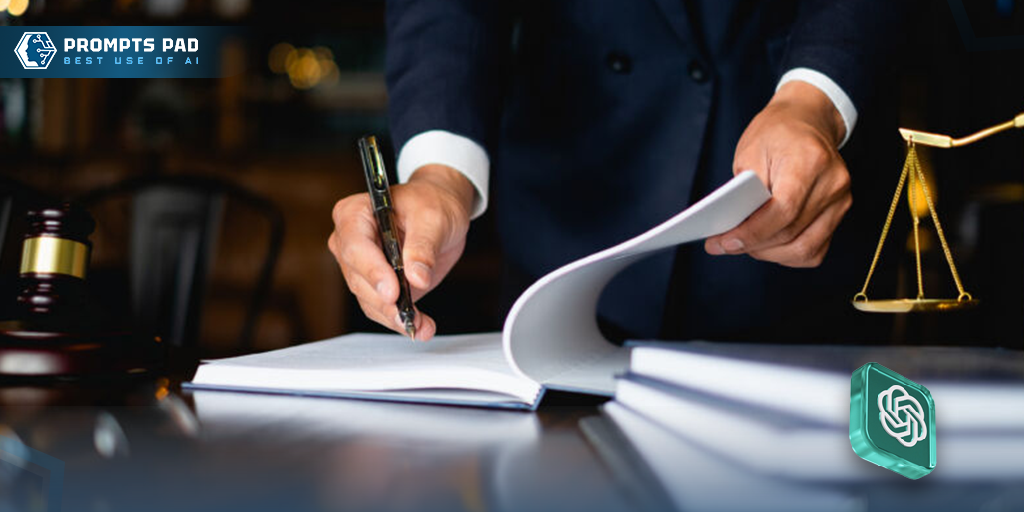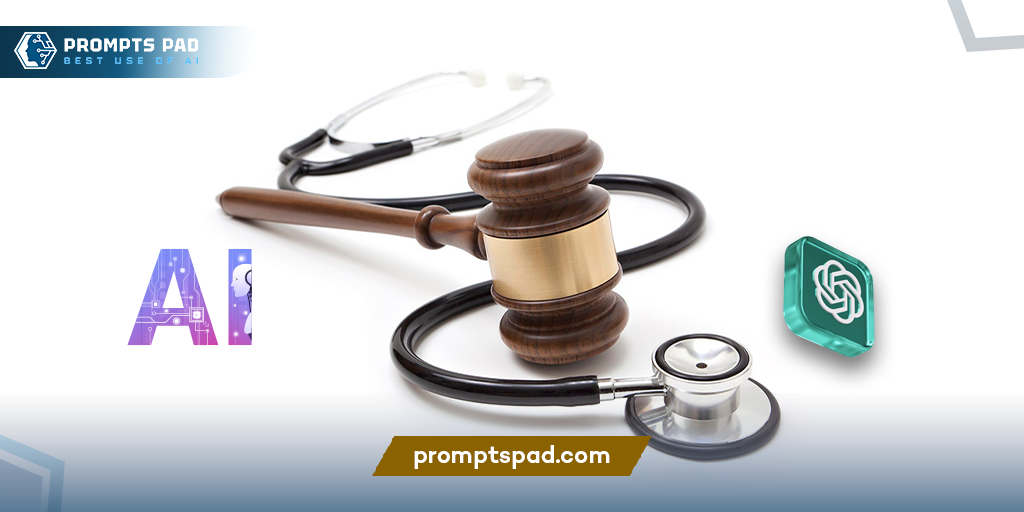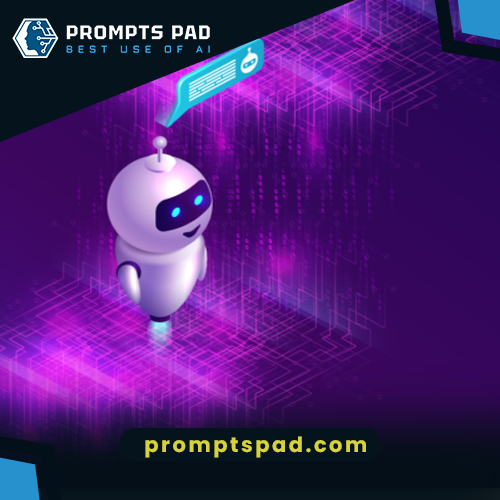
ChatGPT is a useful tool that lawyers can use to craft legal strategies that are specific to the intricacies of informed consent disputes. Lawyers can use ChatGPT to help them fine-tune particular wording in consent forms so that it is clear and comprehensive enough to handle possible points of disagreement. ChatGPT assists attorneys in navigating legal challenges and developing persuasive arguments in cases involving emergency medical interventions, where traditional informed consent is impractical.
- Advise on a case where cultural considerations play a role in informed consent challenges. The patient claims that cultural factors were not taken into account in the consent process. How can I address this issue legally?
- Provide legal insights into a case involving long-term treatment plans where the patient alleges insufficient information about the extended course of treatment. How can I build a defense considering the complexities of long-term care?
- Assist in a case where medical consultations and consent are conducted remotely. How can I address legal challenges arising from virtual interactions, ensuring that informed consent is valid and legally defensible?
Here is the link to the result generated by ChatGPT;
https://chat.openai.com/share/f3973f19-5f25-4703-8ead-81c2e559316b






